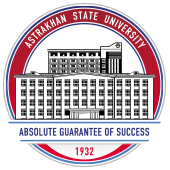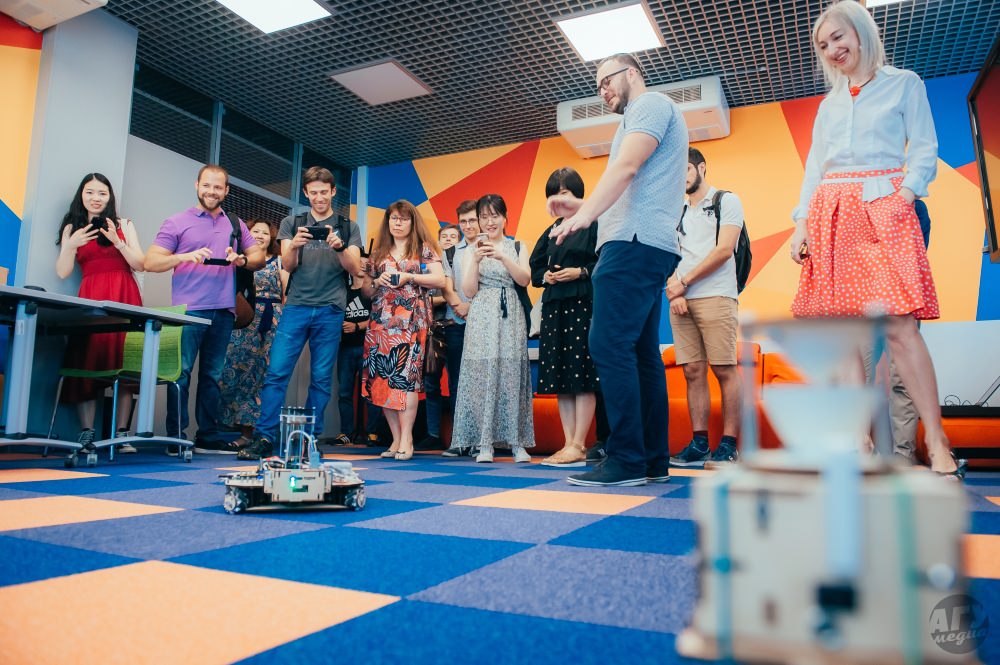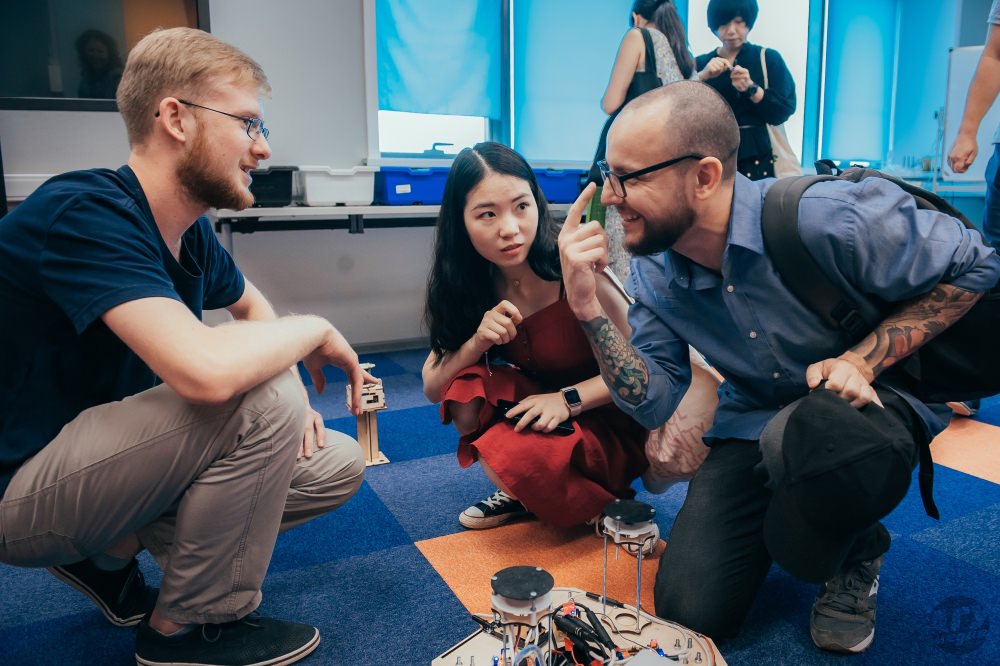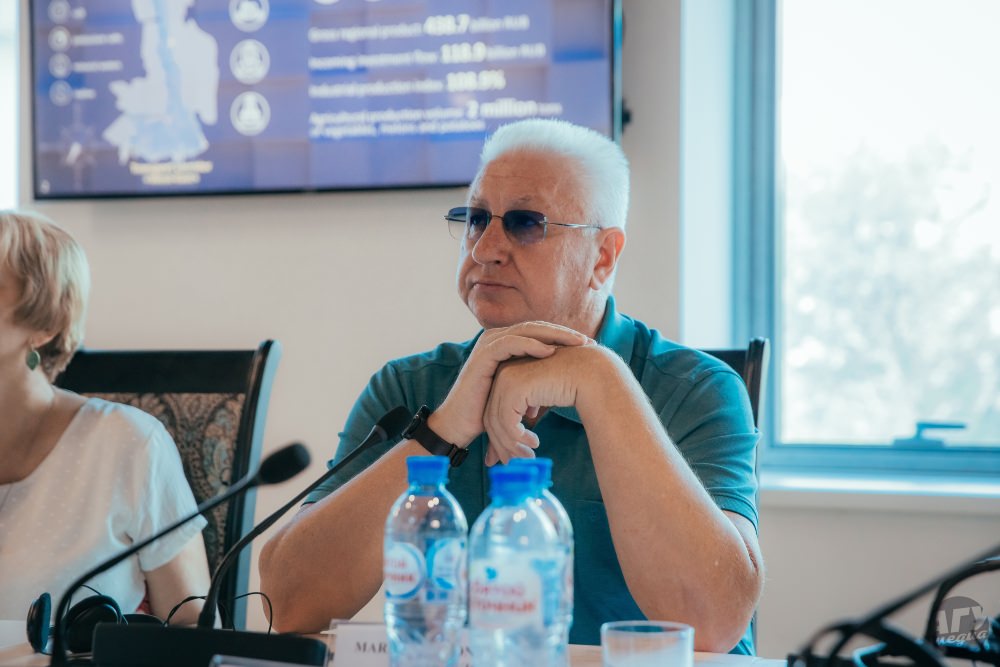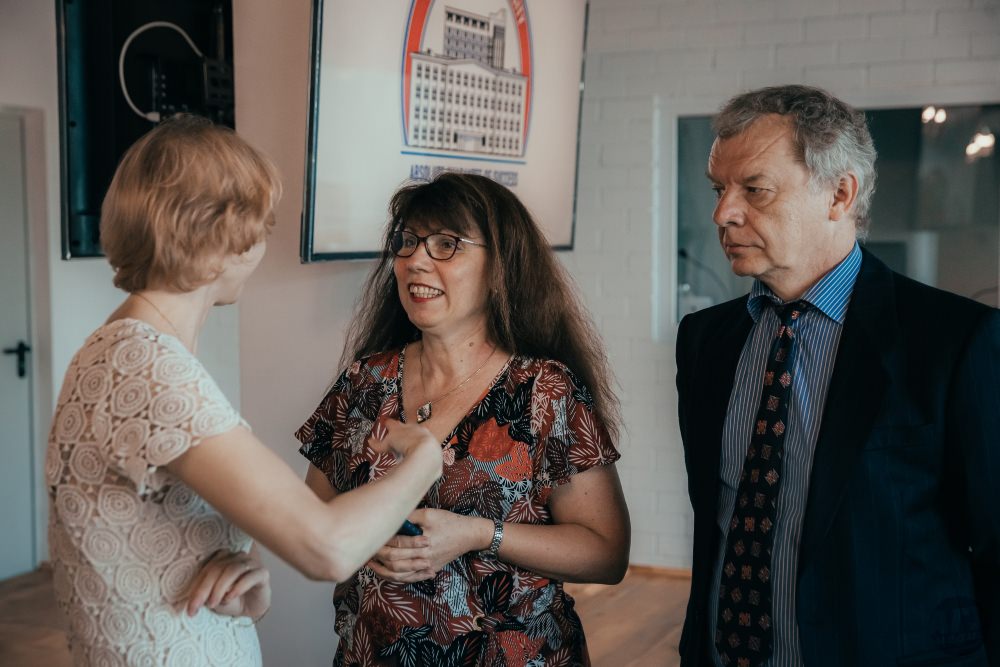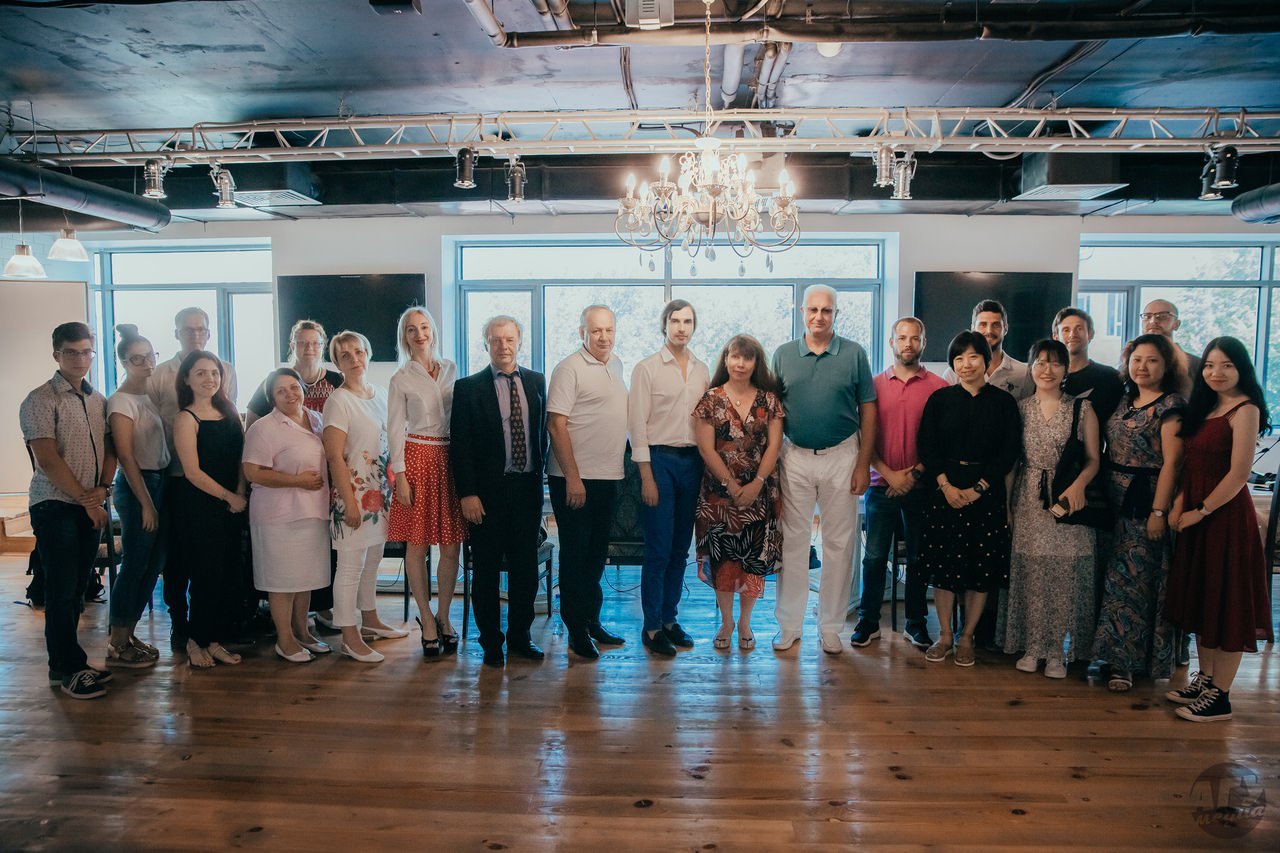ASU and University of Geneva Conduct Joint Caspian Research
 09.07.2019
09.07.2019
On July 5–18 2019, Astrakhan State University is welcoming a delegation of students and teachers from the University of Geneva within the framework of the project “Creation of Educational Network on Sustainable Water Resources”, supported but a grant of the foundation “Leading House for Swiss Science & Technology Cooperation with Russia and CIS Counties”.
The common project of the two universities is implemented from January 1 to December 30, 2019. The project leaders are Mikhail Egorov, the Head of the Department of Biotechnology, Zoology & Aquaculture, and Vera Slaveykova, Full Professor of the University of Geneva.
The Geneva partners were shown the university’s main facilities and offices, and then the Caspian Higher School of Interpreting and Translation held a meeting, where the parties discussed further plans on their joint activities, connected with the issues of ecology and bioresources of the Caspian region.
ASU Acting Rector Konstantin Markelov noted that the project implementation provides with a unique opportunity of exchange and mobility for teachers and students of both institutions. The topic, chosen by the Geneva colleagues for discussion, was the preservation of the water environment, its biodiversity and water endemics. It is very relevant not only for the university, its researchers, faculties and departments that deal with it, but also for the whole region.
During the discussion, Vera Slaveykova, Full Professor in Environmental Biogeochemistry and Ecotoxicology of the Department of Environmental and Aquatic Sciences of the Institute for Environmental Sciences of the University of Geneva and Vice President of the School of Earth and Environmental Sciences of the Department F.-A. Forel, noted that such meetings in the form of summer onsite schools on water resources are very interesting and important for students and teachers of the University of Geneva.
Discussing the issue of the project time frame, ASU and UNIGE came to the conclusion that they both would like to continue cooperation not only in the sphere of water resources but in other areas as well, including, among other things, education digitalization. The universities’ networking can serve a model for attracting new partners abroad.
